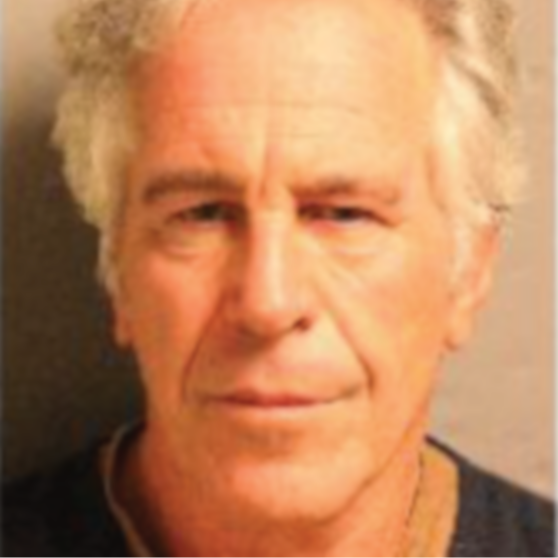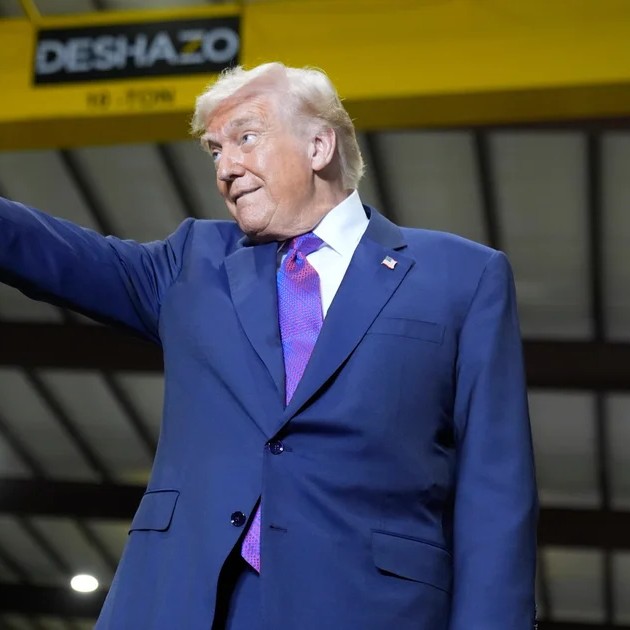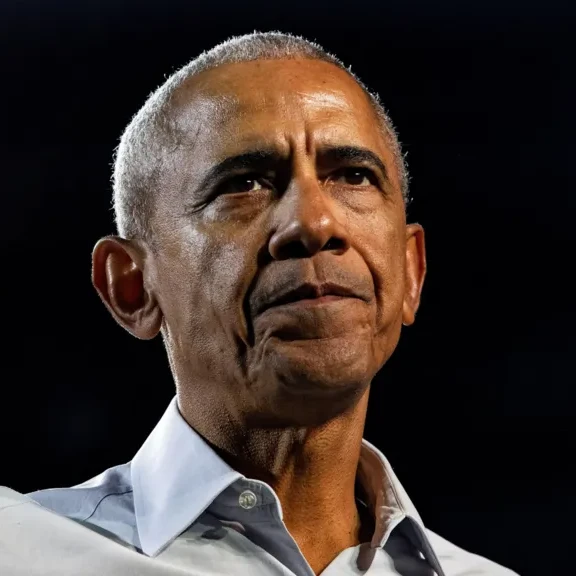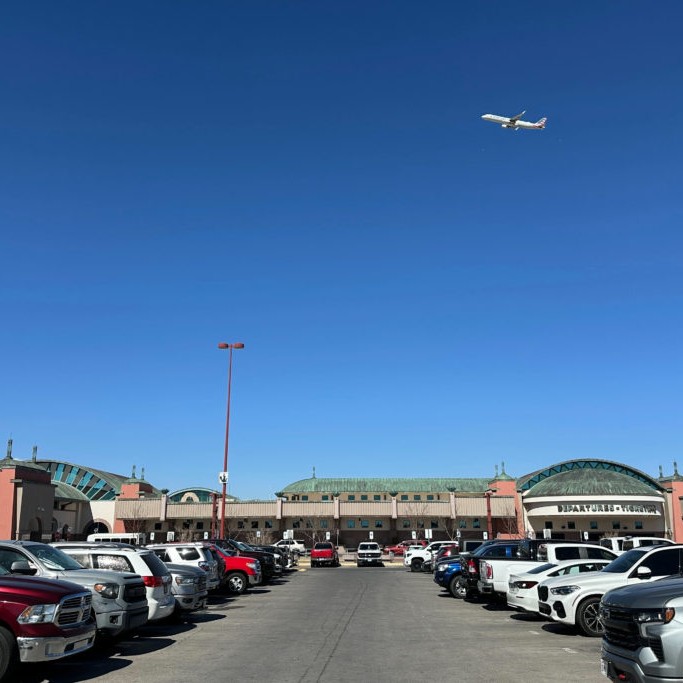
Jeffrey Epstein’s final mugshot before his death. Photo courtesy of the Department of Justice. Public domain.
Jeffrey Epstein’s final days at the Metropolitan Correctional Center in New York City were clouded by a disturbing incident that has sparked fear, confusion, and conflicting accounts. Just 18 days before his death, Epstein was found unresponsive on the floor of his jail cell with an orange fabric noose tied around his neck. What makes this episode unsettling is Epstein’s initial allegation that his cellmate, former cop Nicholas Tartaglione, allegedly tried to kill him. Epstein later said he could not remember what happened. This tangled narrative raises questions about what truly unfolded and how much of the official story can be trusted.
A Disturbing Scene in a High-Security Cell
In the early hours of July 23, 2019, corrections officers responded to a call from Epstein’s cell. They reportedly found him lying on the floor in a fetal position, breathing but unresponsive, with an orange fabric noose around his neck. Officers quickly moved Epstein to another cell and placed him on suicide watch. According to confidential memos, Epstein initially told officers he believed his cellmate had attacked him, as reported by CBS News. The cellmate, Nicholas Tartaglione, was a former police officer and was awaiting trial on multiple murder charges at that time. Epstein’s claim that Tartaglione had allegedly tried to kill him sent shockwaves through the prison system and beyond.
Tartaglione, awaiting trial in 2019 and later convicted of four murders committed in 2016, has denied any attempt on Epstein’s life. According to CBS News, his lawyer called the accusation “not true,” and Tartaglione said he tried to revive Epstein on the floor. These conflicting accounts set the stage for a narrative battle that remains unresolved.
Fear and Suspicion: The Emotional Impact
For those following Epstein’s case, the idea that a high-profile inmate might have been attacked is deeply unsettling. Epstein faced serious federal sex trafficking charges and had ties to powerful figures. The possibility of foul play feeds broader fears that justice might have been obstructed or manipulated.
Adding to the unease, the prison’s surveillance system was reportedly faulty. No camera footage of the incident exists, either because it was never recorded or because it was lost. This absence of visual evidence leaves a critical gap in the official record and raises questions about accountability at the Metropolitan Correctional Center.
Conflicting Narratives and Official Statements
The story of Epstein’s July 23 incident is complicated by contradictory statements. Former Attorney General Bill Barr described the event as an attempted suicide, as reported by CBS News, a view he reiterated in a closed-door deposition. Barr said he saw the incident as indicative of Epstein’s mental state leading to his death.
Yet, the Department of Justice’s report is more ambiguous. Epstein initially accused Tartaglione of trying to kill him but later reportedly said he could not remember what happened. He even requested to return to the same cell with Tartaglione after suicide watch, a request that seems at odds with fearing for his life.
The jail’s chief psychologist offered three possible explanations: Epstein or Tartaglione could have been manipulating the system, Epstein might have rehearsed his eventual suicide, or Epstein was assaulted by Tartaglione. The psychologist considered assault less likely but did not rule it out, as reported by CBS News.
The Cellmate: Nicholas Tartaglione’s Shadow
Tartaglione’s presence adds complexity. Serving four life sentences for the 2016 kidnappings and murders of four men, his violent past and legal battles make him a figure of intense scrutiny. Recently, Tartaglione has been reportedly working with pro-MAGA influencer and RFK Jr. ally Jessica Reed Kraus to seek a presidential pardon, a move drawing attention and criticism.
Tartaglione’s lawyer maintains his innocence regarding the alleged attack on Epstein, and Tartaglione claims he tried to help Epstein. The conflicting stories between them deepen the uncertainty about what happened.
Procedural Failures and Missing Evidence
The lack of CCTV footage during the incident is a glaring procedural failure. The prison’s surveillance system was faulty, and no video evidence of the July 23 episode exists. This fuels speculation and conspiracy theories, leaving investigators and the public without a clear record.
Moreover, corrections officers assigned to watch Epstein were reportedly required to log observations every 15 minutes. Yet only a single entry was made by the officer who later found Epstein dead weeks later. This sparse documentation raises questions about the thoroughness of monitoring and Epstein’s overall management.
The Story Behind the Story
The July 23 incident is not just about what happened but also how the story has been told. Official versions emphasize Epstein’s suicide attempt and mental state, while documents and eyewitness accounts reveal a tangled narrative involving accusations, denials, and memory lapses.
Epstein’s initial claim that Tartaglione allegedly tried to kill him, followed by his inability to recall the event, contrasts with Barr’s framing of the incident as a straightforward suicide attempt. Tartaglione’s denials and lack of video evidence complicate the picture.
Additional Details and Unconfirmed Claims
Epstein reportedly told officers his cellmate referenced a New York Daily News article estimating Epstein’s net worth.
Tartaglione claimed in a recent podcast, “House Inhabit,” that Epstein left a suicide note and offered him money to kill him, as reported by CBS News. These claims are not referenced in official Bureau of Prisons records and remain uncorroborated.
Ongoing Mystery
The July 23 incident remains a haunting and unresolved chapter in Jeffrey Epstein’s final days. Fear of foul play, accountability gaps, and conflicting accounts continue to feed suspicion.
But that’s not where this story ends.
In Washington, the unanswered questions aren’t being ignored. Lawmakers across both parties have called for deeper scrutiny of the Bureau of Prisons and its failure to protect a high-profile inmate in one of the most surveilled facilities in the country. The absence of surveillance footage, the procedural lapses, and the suspiciously contradictory statements are now under review by multiple congressional committees.
The bigger question haunting these inquiries: Was Epstein silenced?
Despite the DOJ’s official ruling of suicide, public trust in that conclusion has eroded. Epstein’s ties to presidents, princes, and billionaires remain a third rail for transparency. Every missing video file, every inconsistent statement, only fuels the sense that someone, somewhere, wanted the truth buried as deeply as Epstein’s secrets.
Meanwhile, whistleblowers from the correctional system have signaled they may be willing to testify — if granted immunity. And Tartaglione’s sudden media push, including his work with a pro-Trump influencer to secure a presidential pardon, could backfire spectacularly if more details emerge under oath.
Until then, the orange noose, the faulty cameras, and the man on the floor remain a potent symbol of a justice system that failed at its most basic task—keeping its most infamous prisoner alive long enough to talk.
Because dead men tell no tales. And this one took a lot of names with him.
References: The night Jeffrey Epstein claimed his cellmate tried to kill him | Did Jeffrey Epstein’s Cellmate Try to Kill Him Weeks Before His Death? | Killer cop Nicholas Tartaglione working with RFK Jr. ally to try for pardon







